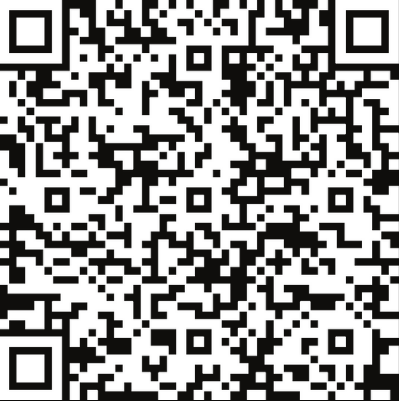Get to know more about Maria d’Ajuda, the first digital security helpline made by Brazilian feminists focused on women, non-binary people, LGBTQIA+ and organizations in Latin America.
The helpline is born from a MariaLab desire of developing a systematized process to assist to emergencies in digital security and digital care, counting on a multidisciplinary team that uses a feminist methodology of welcoming and problem solving that, not only goes through technical and objective matters, but also active listening and encourages autonomy.
Maria d'Ajuda is a free and safe service that provides emergency assistance for cases of digital threat in Latin America through a feminist methodology that welcomes and educates to develop autonomy.
The service is systematized and prioritizes the use of free software infrastructures.
Reception-specific recommendations in cases of account loss, hate attacks, harassment, among other digital threats that bring insecurity.
Recommendations of damage mitigation strategies in cases of attacks on the digital infrastructure of organizations or other forms of digital threats according to the context.
The context of your territory may change the way you access the internet or suffer persecution and censorship according to what you advocate. There are ways to protect yourself.
It is impossible to list all the digital threats that a person or organization may suffer, so we analyze demands individually to best address them.
Digital care brings you well-being, greater emotional security and autonomy
It is pretty simple!
You can just send an e-mail to sos@mariadajuda.org
with a brief contextualization of the request to open a ticket. Within 2 days you will receive a response and we will start the assistance.
If your request does not concern digital security, we will indicate other helplines.
Each service is unique and personalized.
We are a feminist organization that work to value care in digital media, seeking to make the spaces and debates about technology more plural, involving more women, trans and non-binary people, and promoting reflection and discussion that considers race, social class, gender identity, and sexuality in the design of technologies, whether digital or not.

You can help our helpline grow through your support. We accept donations through PIX or Transferwise.